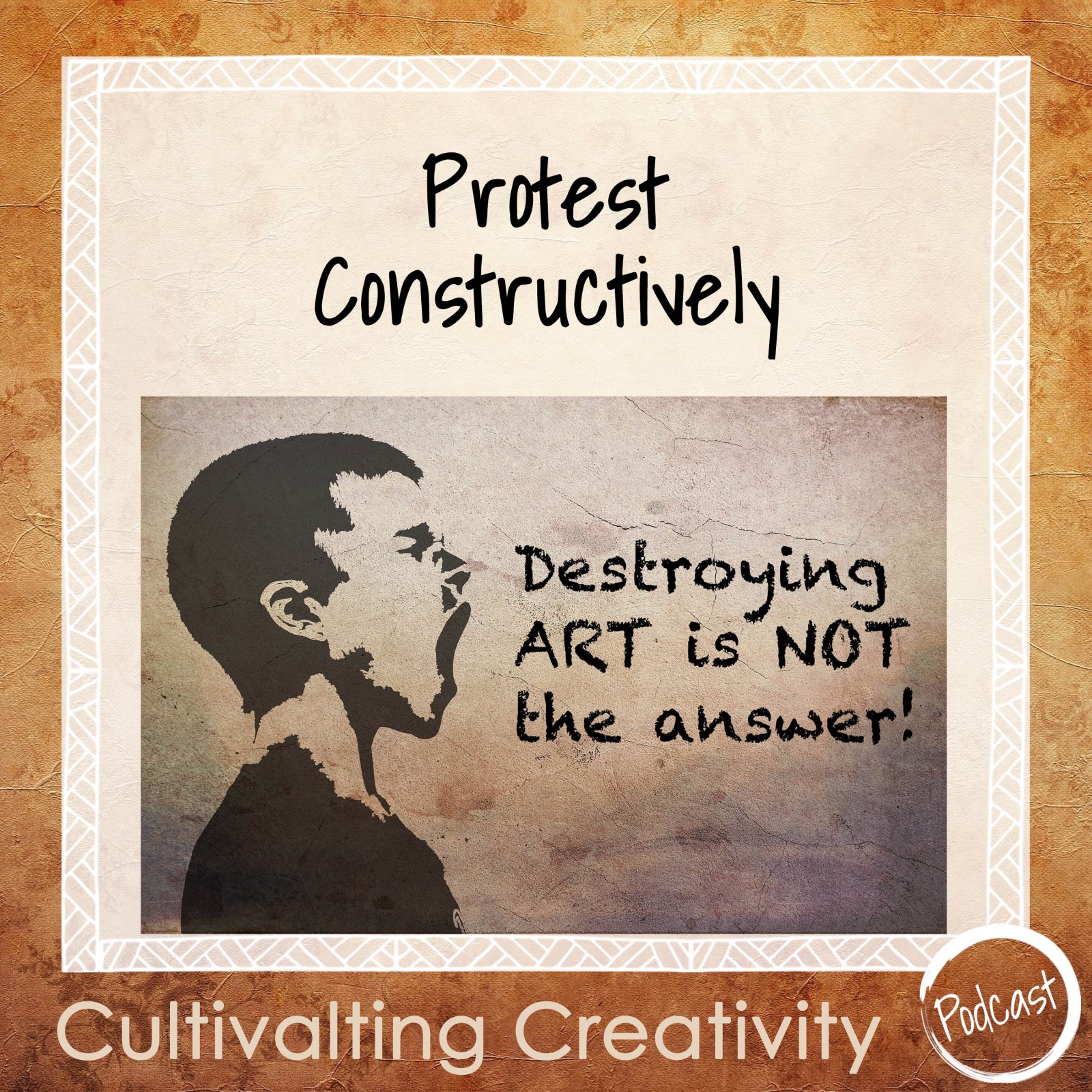
Show Notes
Summary:
I challenge people to CREATE art as a voice to inspire change and raise awareness. In this episode, I will give my 2 cents on the damage and destruction of art for progress or change. I will discuss recent protests, but also other examples where art and our cultural heritage is the victim. Art can be an amazing vehicle for change. Make it and use it… don’t destroy it!
created by a human
Episode Transcription:
[00:00:00] Welcome I'm Kristi Backman. This is my podcast, Cultivating Creativity. It's about helping you build your creative life. Giving creatives a way to make space for artistic growth through the insights for the mind of an artist, instructor and art coach about the creative process and living that crazy creative life.
[00:00:27] In this episode, I will give my 2 cents on the damage and destruction of art for progress and change. I will discuss the recent climate protests, but also other current examples where art and cultural heritage are the victim. Art can be an amazing vehicle for change. I challenge people to create art as a voice to inspire change and raise awareness.
[00:00:50] Throughout history art has been a vehicle of revolution and change from graffitied messages to raise social awareness to murals paintings and sculptures to evoke and inspire change. I challenge the current group of climate activists to protest more constructively, to create art in protest, not to defile the work of others. From all accounts the works so far have not received irreparable damage, but does that make it okay? To me, it's like slapping someone in the face. It may not create a bruise or broken bones, but is that acceptable? No, it's a physical insult and assault.
[00:01:31] Using art as a vehicle for protest is nothing new. In the 1800’s suffragettes damaged paintings of female nudes to communicate that women were more than just a body. Do I condone this? Absolutely not, but it does make a lot more sense than this latest series of protests. Art is about messaging. When you engage, art you invoke the messages inherent in the work itself as well as its maker. Just as examples, both van Gogh and Monet were avid nature lovers. Van Gogh spoke often about how nature and the stars gave him peace. Monet built extensive gardens, so he could explore nature in his work. I feel safe to say that both artists would support the ideas of the climate activists, but obviously not their methods. But don't take my word, listen to theirs.
[00:02:22] A quote from Van Gogh, " If one truly loves nature. One finds beauty everywhere".
[00:02:29] A quote from Monet, "The richness I achieve comes from nature. The source of my inspiration."
[00:02:35] Personally, I do as much as I can to reduce my footprint. I use minimal paper products. I make 90% of my own cleaners and makeup. I recycle and avoid single use plastic as much as possible. I am completely sympathetic to any cause that wants to protect our planet… until they start to damage art.
[00:02:56] We already know how the story of a polluted planet ends, science fiction authors have been telling us for years. But I fear we won't really believe them until that becomes science fact. Focusing on the trajectory we're facing and the results of that would be a much more effective method. And there are plenty of examples to draw from.
[00:03:17] Simply put, there are better ways to make these statements. People who would naturally be allied with this cause are offended, myself included. Additionally, this type of attack will only make it harder for the average person to see these pieces of cultural history in person. I love seeing artwork in person. As I can see the brush strokes or how something was assembled or carved. I can see the details that images just don't capture. If these protests continue art is going to be further away from the viewer, behind more glass, and honestly harder to see and experience. So, then what will be the point of going to museums? We need to support museums and encourage people to experience art for themselves and not to be worried that something horrible may happen while they're there.
[00:04:06] I completely support the right to protest, to work towards achieving awareness and change for an issue you're passionate about. I feel there are so many more constructive ways to do this. Methods that align with the overall issue and create allies that would help your cause.
[00:04:24] These protests are not the only recent examples of the destruction of art. During COVID there were a series of riots where large-scale sculptures were pulled down. In most cases, it was time for those pieces to be a retired. They were symbols of colonialization with strong racist undertones. I agree that having them in public spaces was no longer appropriate, but was destruction necessary?
[00:04:48] From the perspective of both an artist and an art historian… I do not condone the damage or destruction of art. Full stop. Period.
[00:04:56] Because without an understanding of our history, we're doomed to repeat it. Tearing art down and destroying it teaches us nothing, change its venue, or location, and keep it as a reminder that we have evolved. And that becomes a testament to why that type of change is important. As I teach art history, I talk about how a piece, or a movement was seen at its time. And how it became a step of change in history. Moving us towards a more modern age with a broader awareness. But as I tell my students, we as humans, are not done growing and evolving. A thousand years from now, other students will look at our art and see how this journey continues.
[00:05:39] Art is a shared cultural history. While each culture may have direct ties to specific art, we as humans have a connection to all art. The arts in total; music, dance theater, film, literature, and architecture are all powerful archives of culture. It's simply that physical art becomes a handy target.
[00:06:01] Art doesn't have to be from your culture to impact and inspire you. From the power and sophistication of ancient Egyptian art. To the graceful realism of Greek sculpture. The beauty of Renaissance painting, to the elegance and splendor of Chinese landscape painting. To the amazing pattern and designs of Islamic art. To the rising majesty of Christian cathedrals. To the simple carvings of the prehistoric female form. To intricate sand paintings of the Buddhist monks. To the imaginative stirrup vessels of the Incas. To the refined textiles of ancient Japan. To the sophistication of Mayan hieroglyphics. To the heights of the totem poles of the Pacific Northwest Native Americans to the massive heads on Easter Island. And to the powerful and spiritual Minkisi from Africa. This is just a name a few, I could keep going, but these are just a few highlights of the global artistic history we share.
[00:07:03] We need to value this work, see where we've come from, celebrate that, and continue to move forward. But sadly, the destruction of art continues in other ways as well. Throughout history we have seen when one government, overthrows another, they tend to destroy the art of the conquer people. This is done to demoralize the people and further establish the dominance of the new regime.
[00:07:27] We are seeing this in real time today with Russia and the Ukraine, rampant destruction of a rich cultural history. Paired with the appropriation of works that are seen to be valuable. According to news sources over 2000 artworks have been stolen. And over 250 art museums have been severely damaged or destroyed to date in the Ukraine. And as we know, the situation is nowhere near resolution.
[00:07:52] Events at the scale take much longer to recover from. Work stolen by Hitler are still being returned or rediscovered today. So, I fear the Ukraine will have a long road in recovering their artistic heritage. Which of course will not be a priority until the current violence ends because human life comes first.
[00:08:12] My point in sharing these views and these examples is to say, yes, art is an amazing voice. Use that voice constructively and intentionally. So much is lost and so little is gained through the destruction of art. Art is more than just a thing. It is a piece of physical culture and the manifestation of an artist's imagination and skill.
[00:08:36] And again, consider the power of its messaging. Create art and if that's not your gift, collaborate with artists who share your passions. Collaborate and create don't alienate and destroy. Protest constructively to create positive change in our world.
[00:08:55] If you enjoyed this episode, subscribe to my podcast leave a review and follow me on Instagram until next time.
created by a human

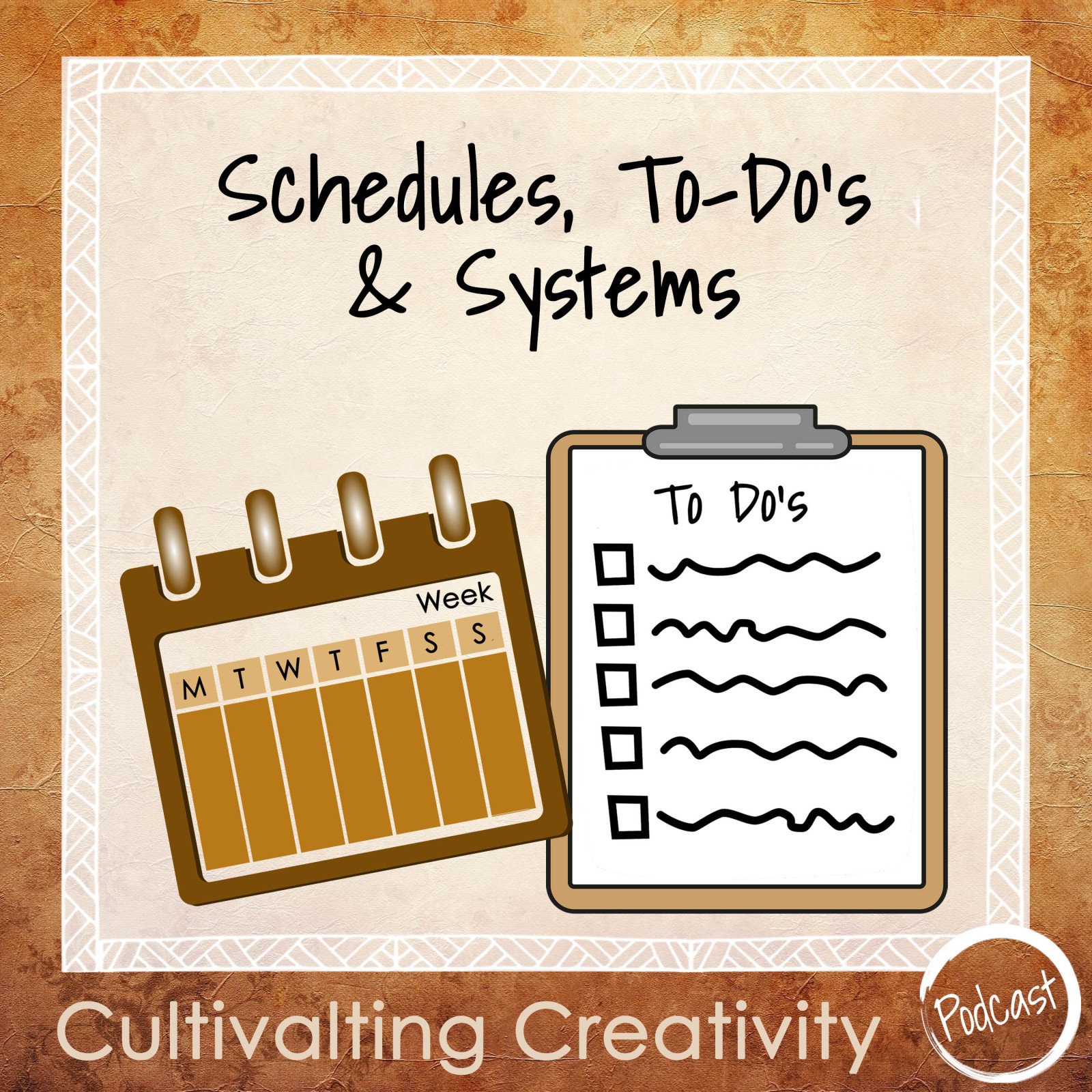
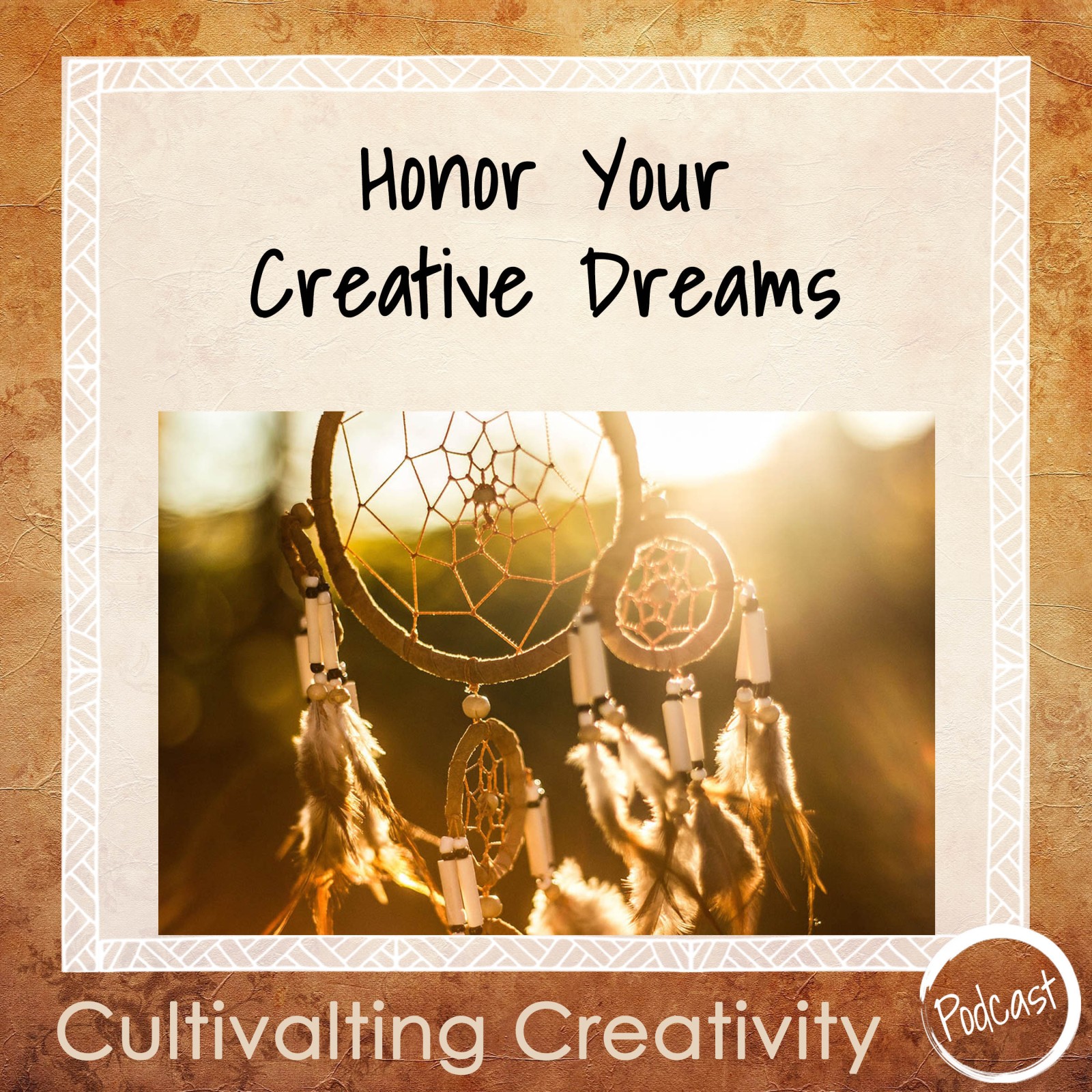
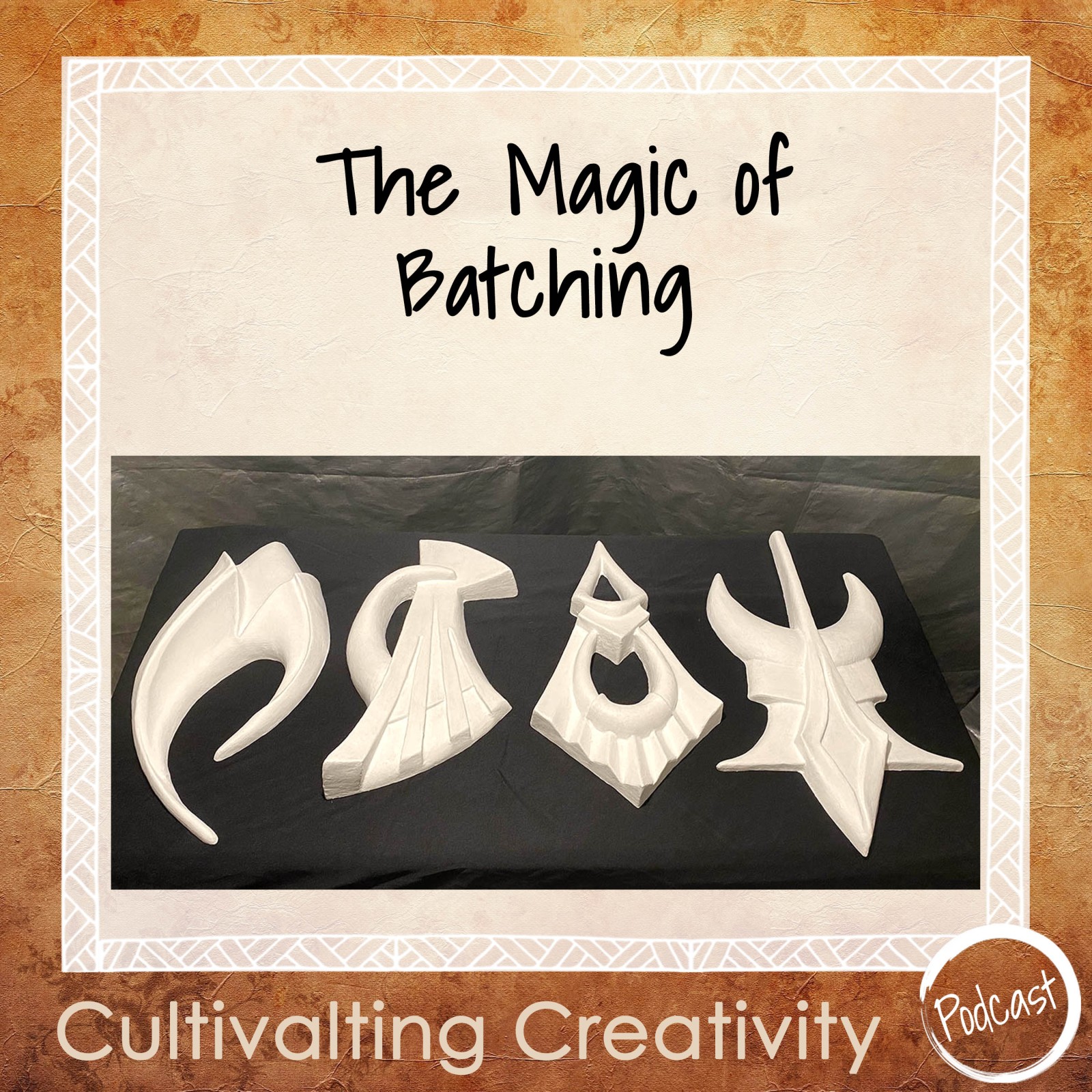
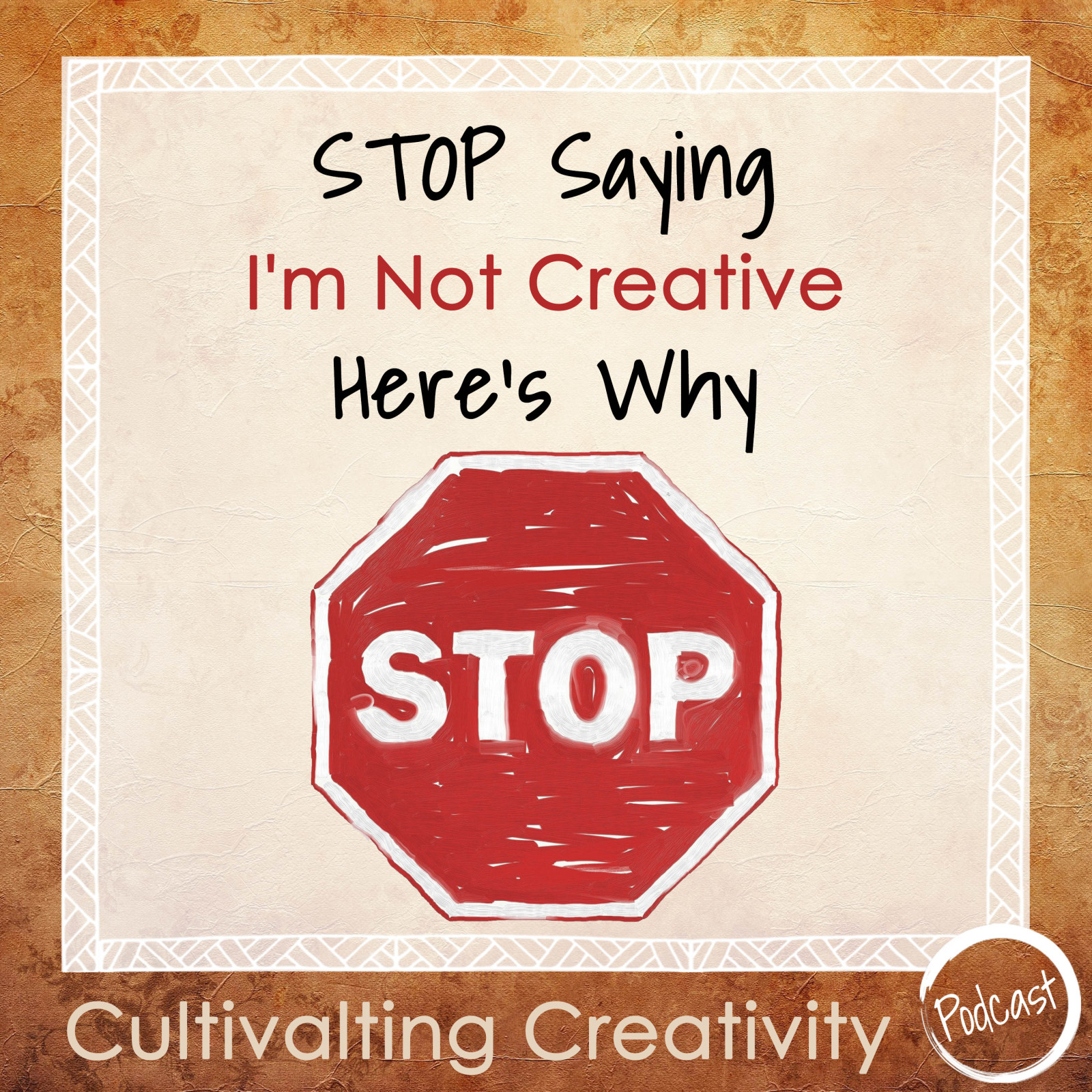
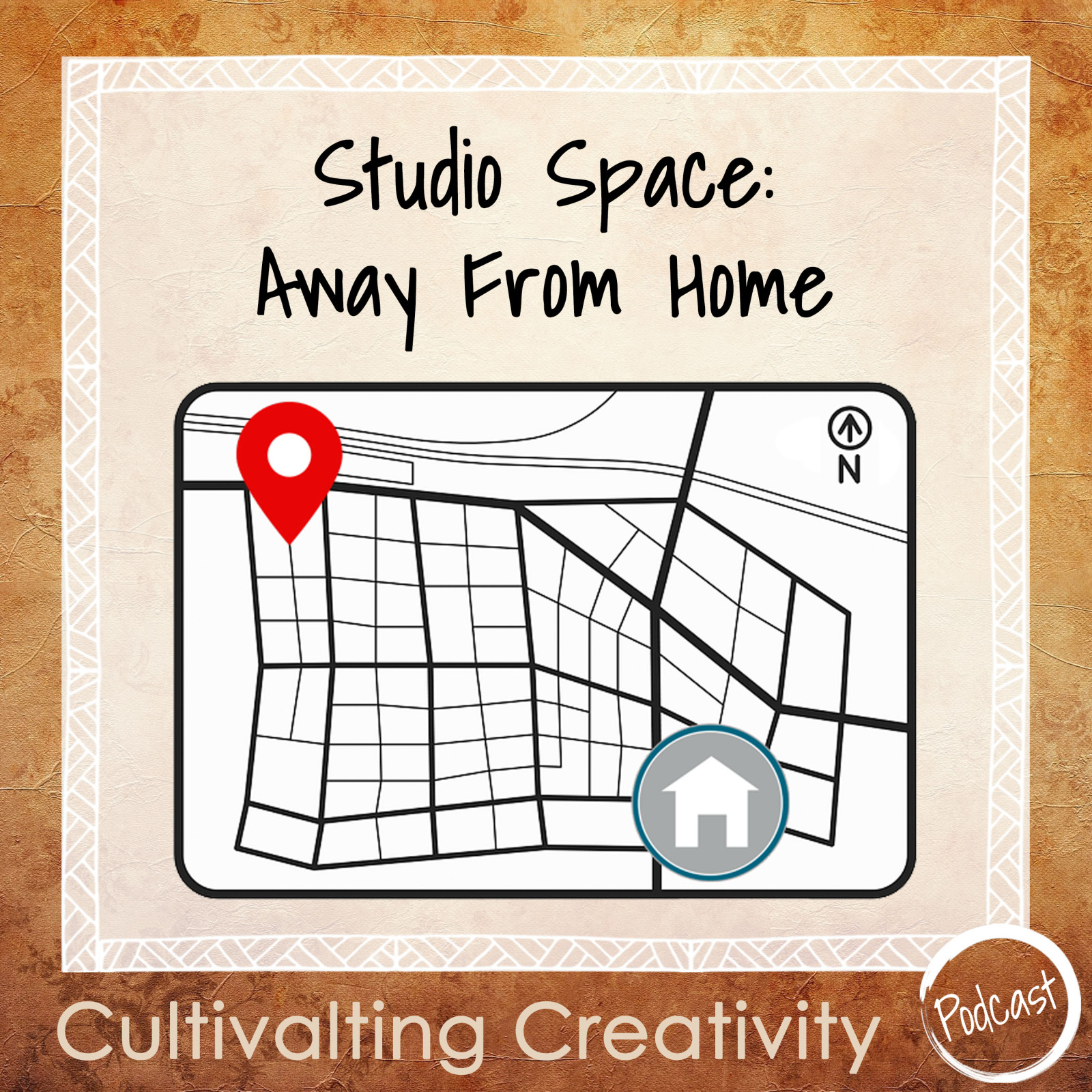
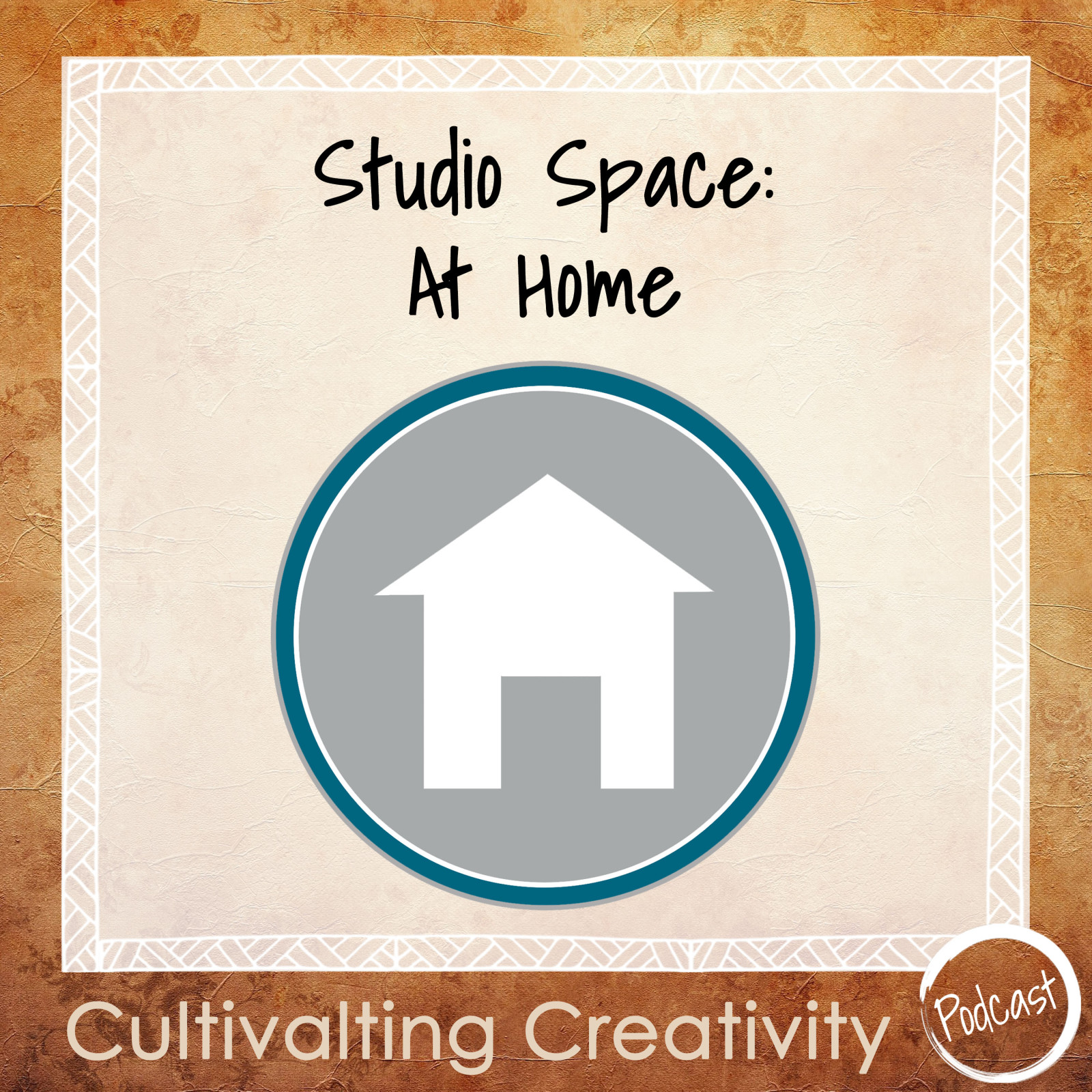
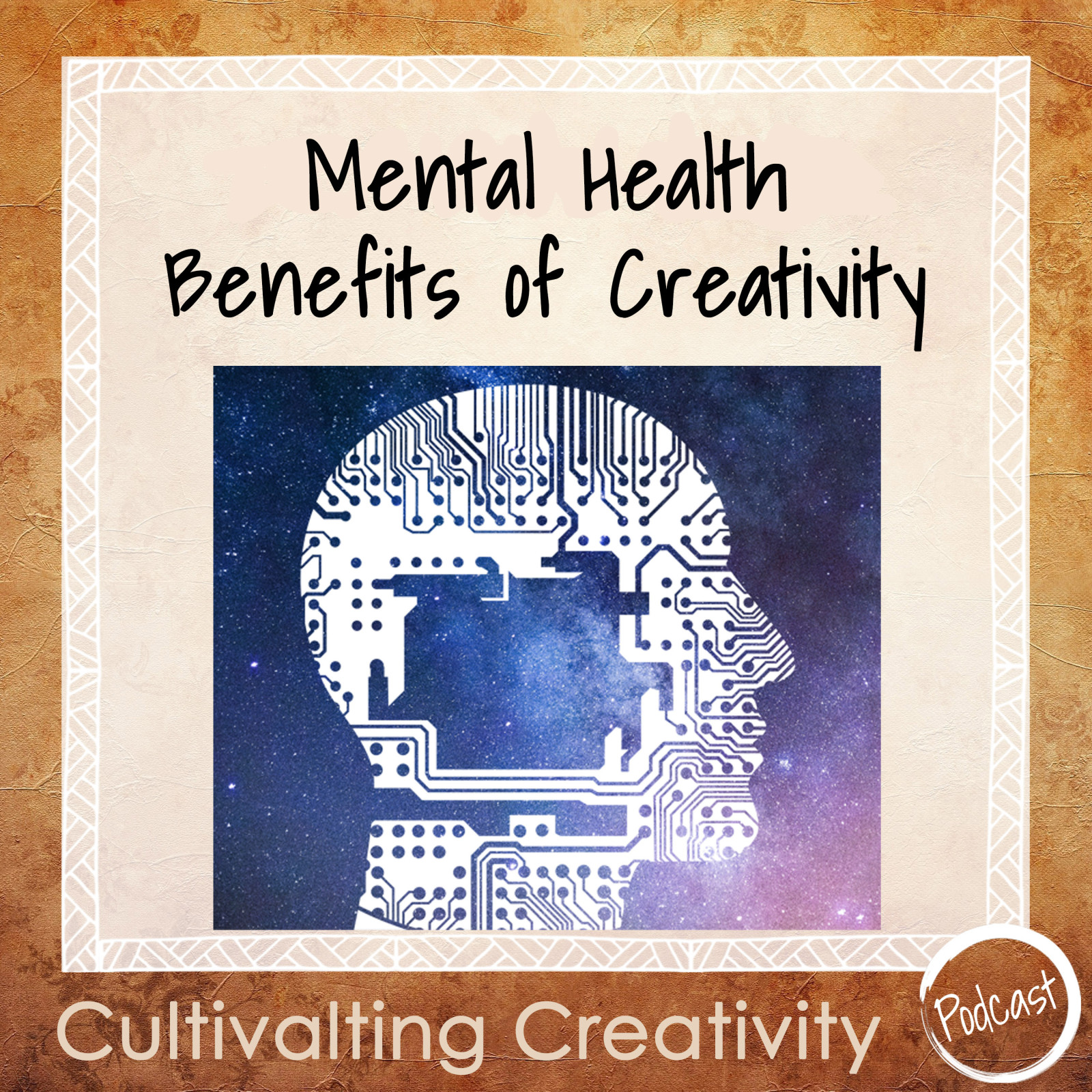
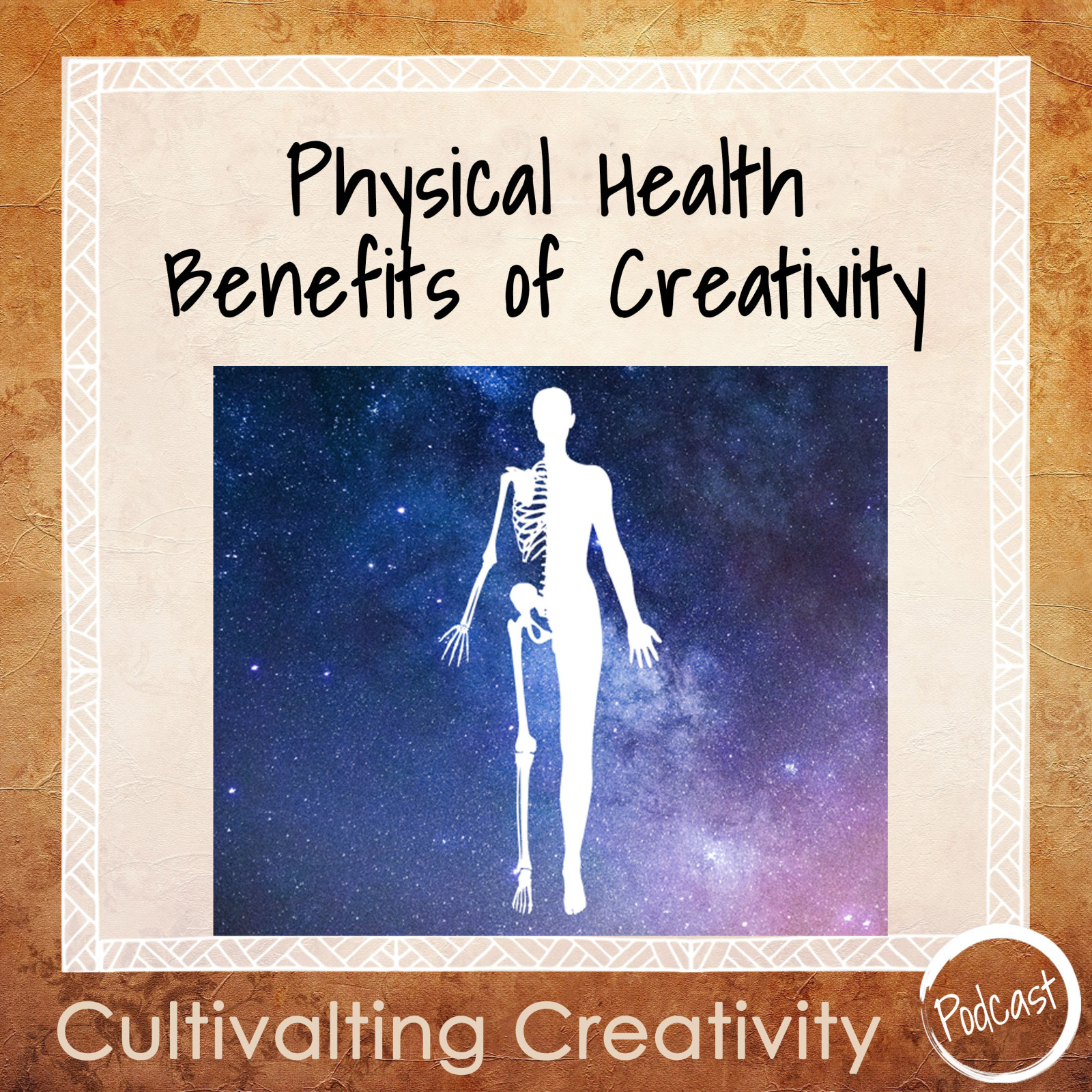
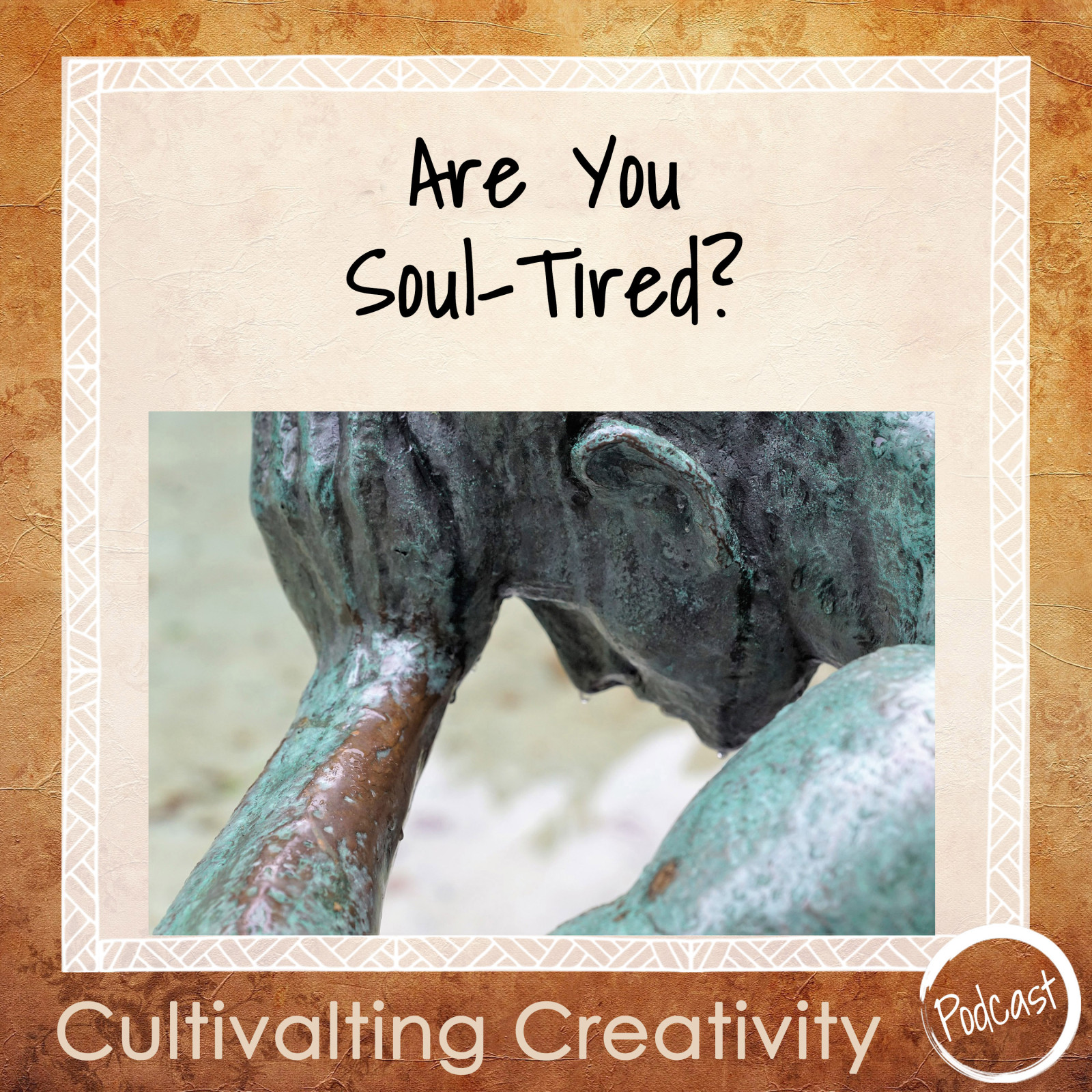
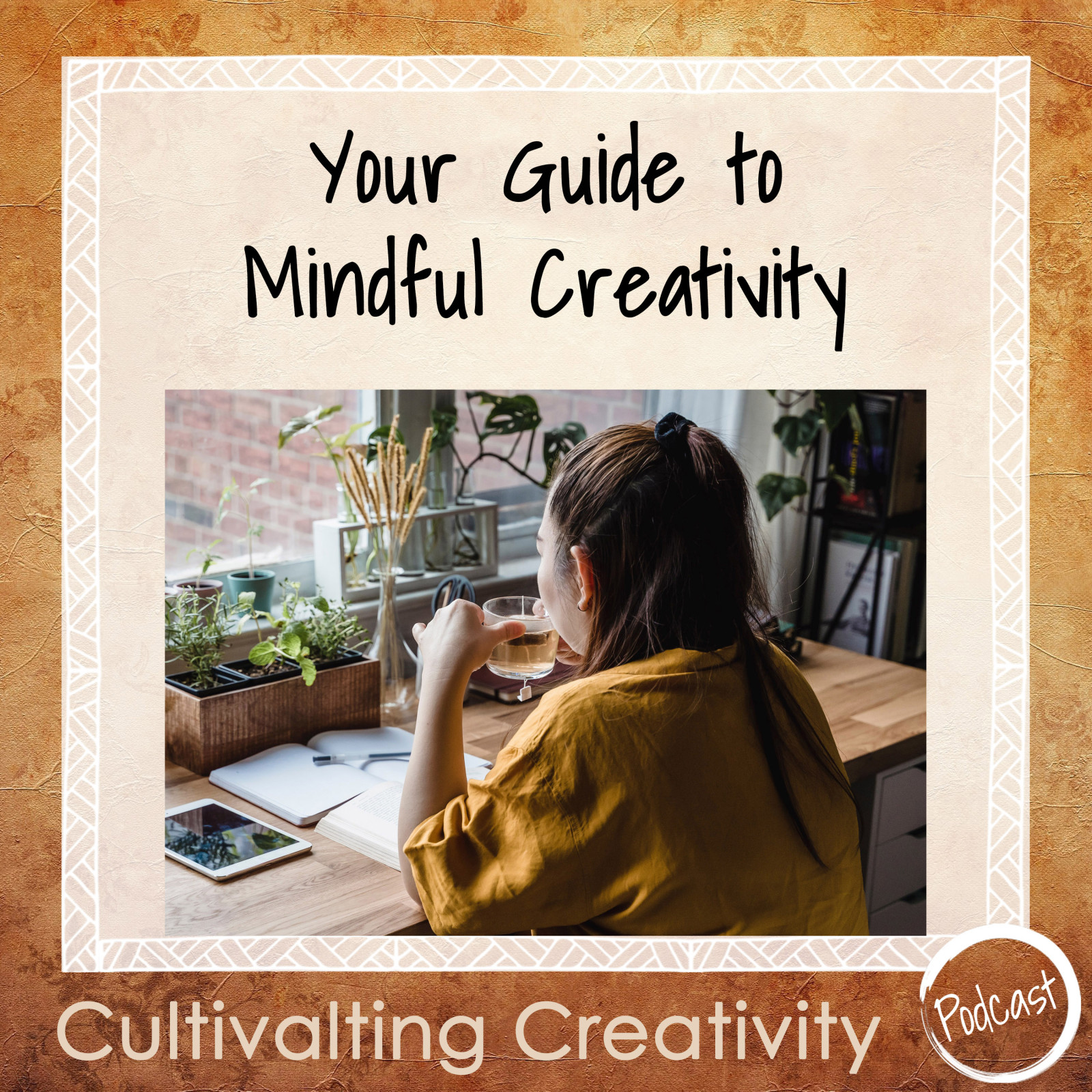
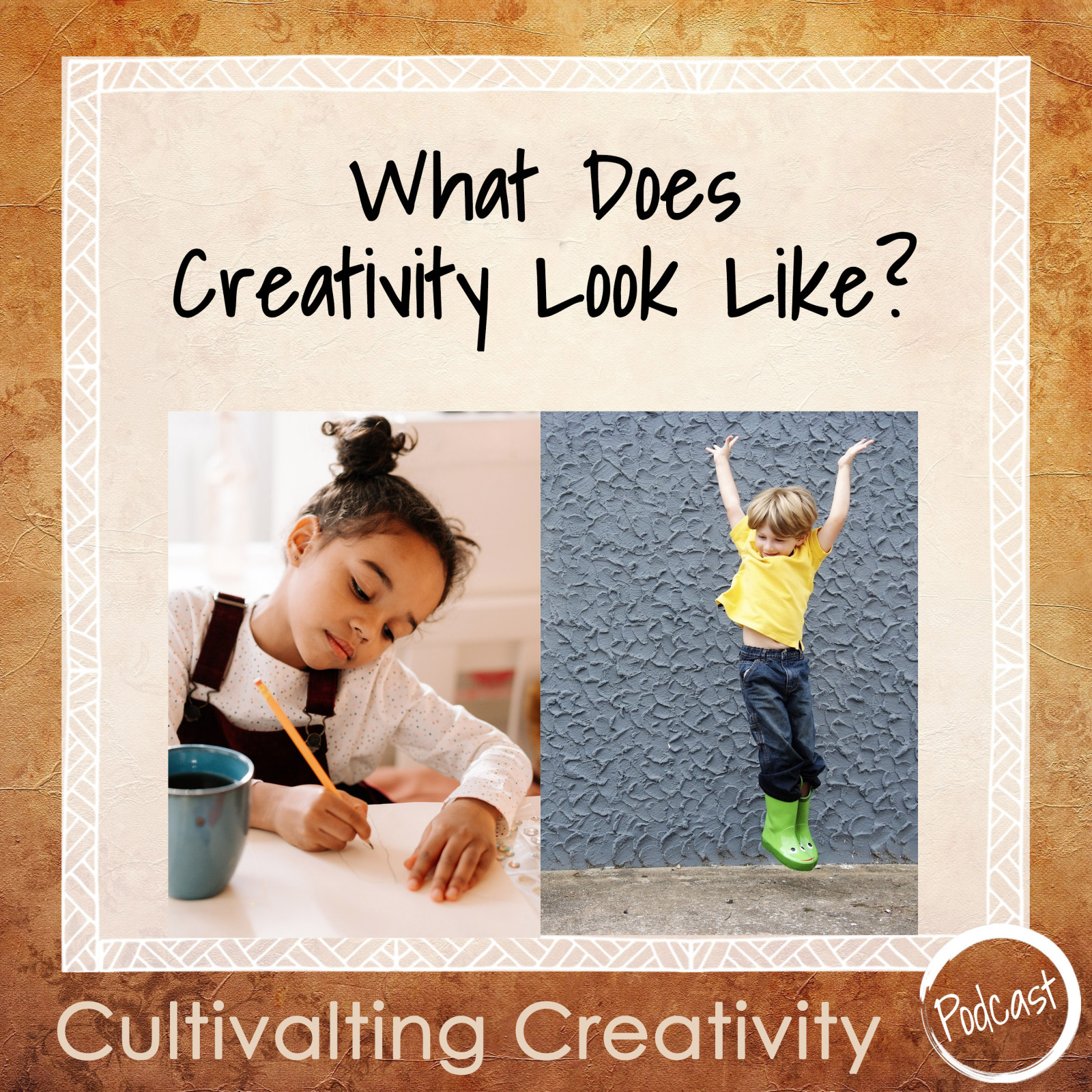
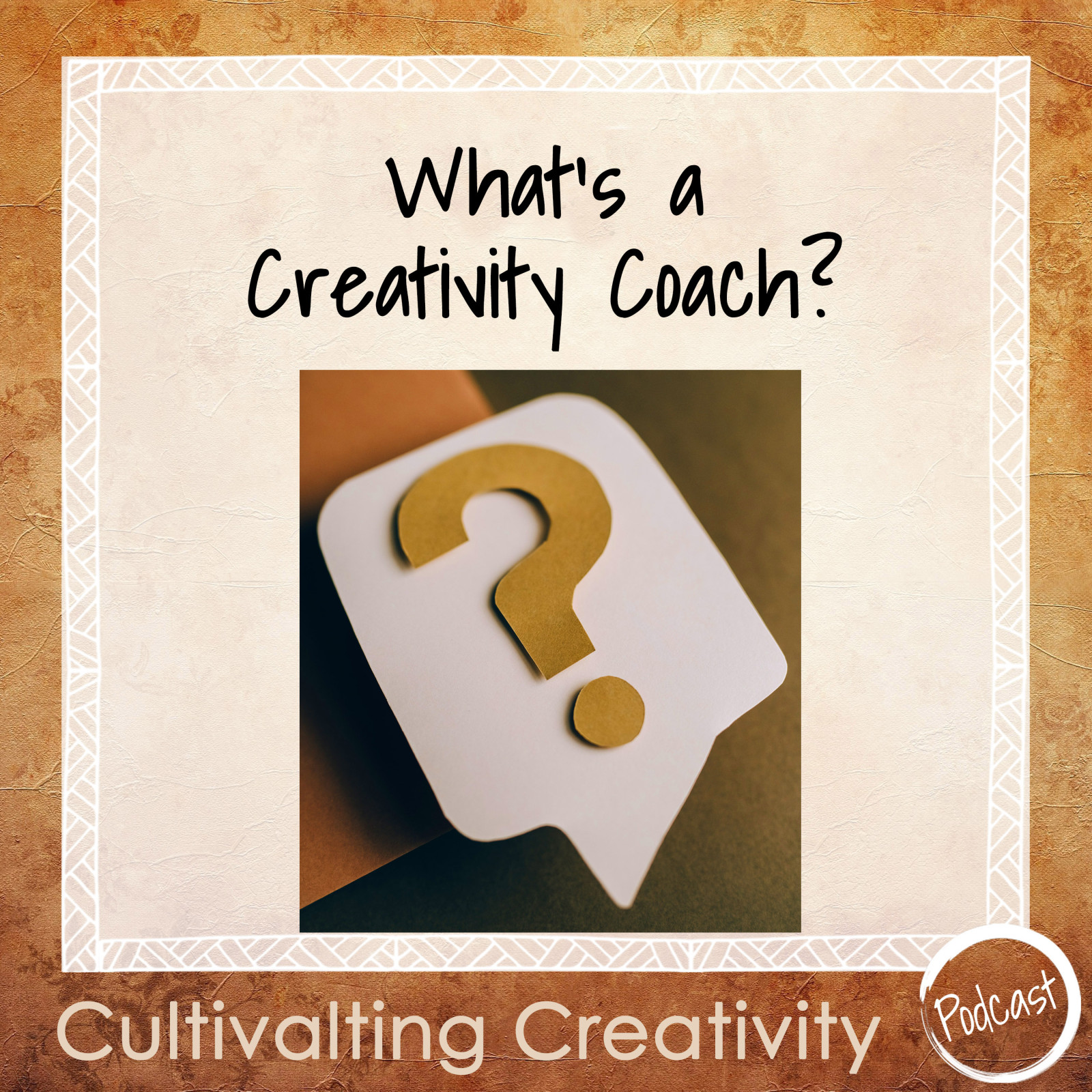
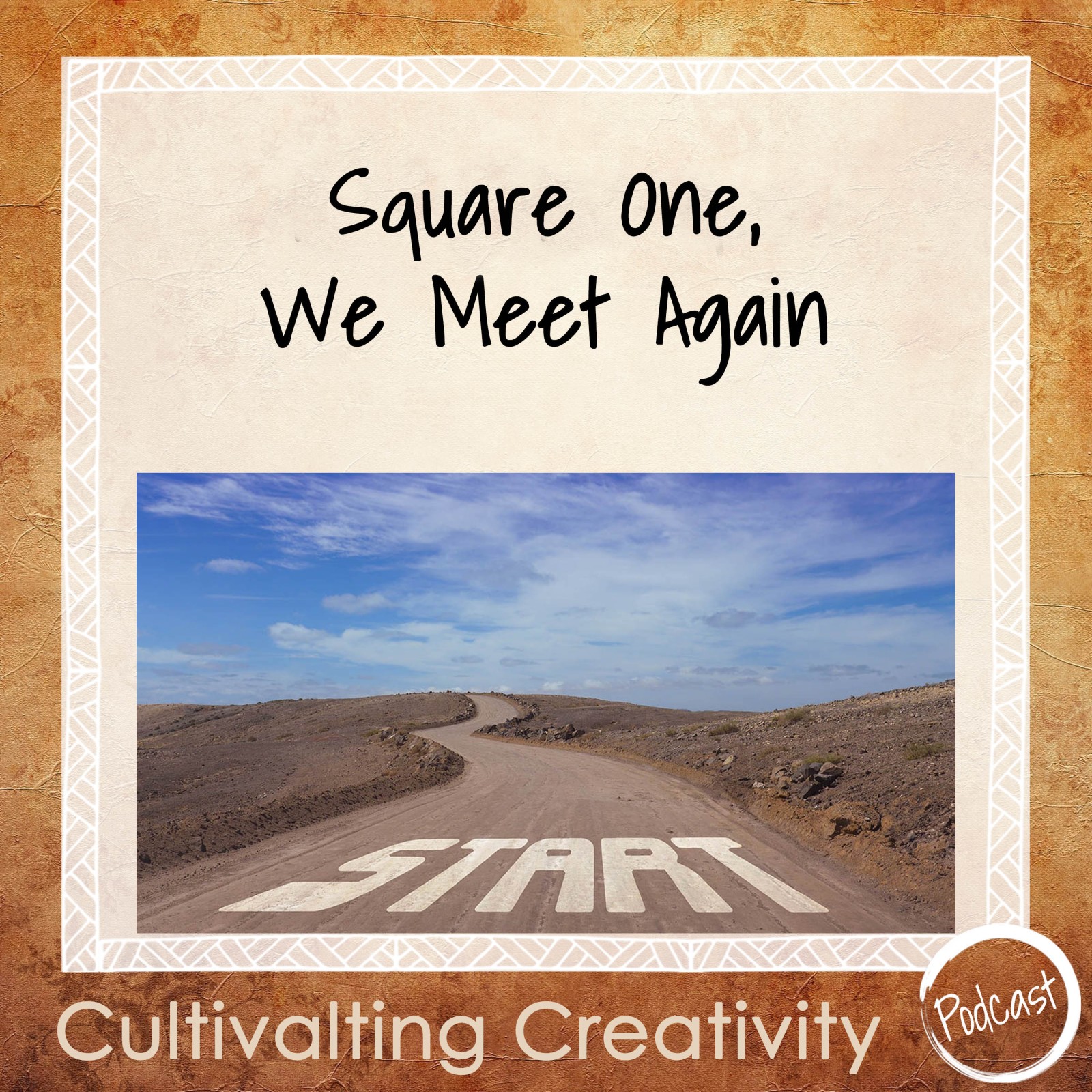




0 Comments